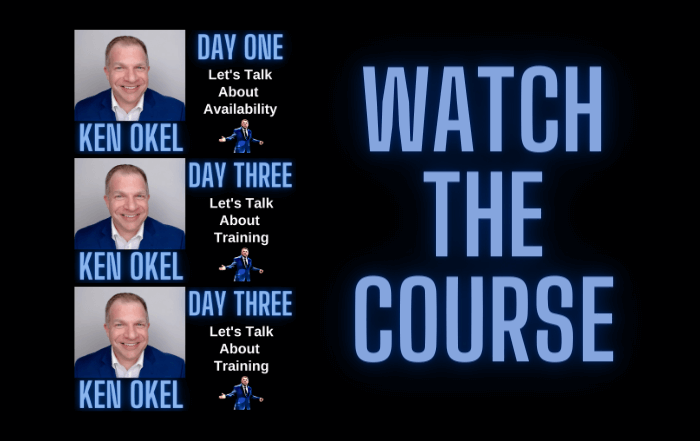By Ken Okel|2010-06-23T13:36:55+00:00June 23rd, 2010|Categories: Miscellaneous|Tags: Apology, communication, convention speaker, General Stanley McChrystal, ken okel, mistakes, President Obama|Comments Off on General (McChrystal) Tips for Apologizing
About the Author: Ken Okel
Ken loves speaking to audiences about how they can get more done at work with less stress. He is a Past President of the Florida Speakers Association and a longtime member of the National Speakers Association. People also enjoy his award-winning podcast, The 2 Minute Takeaway... | more about Ken





